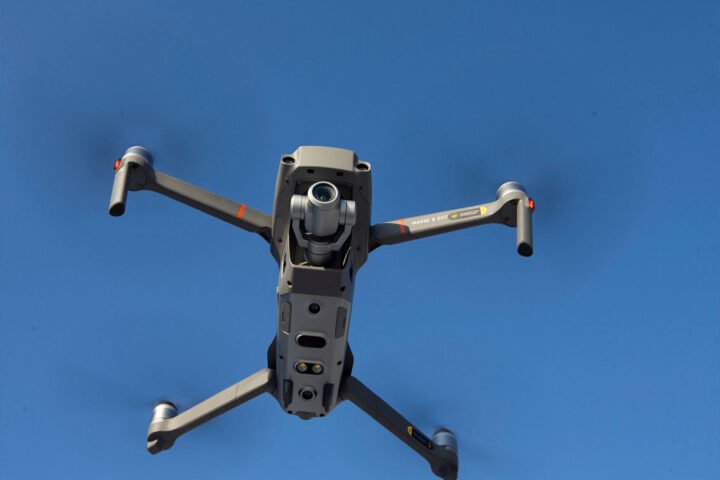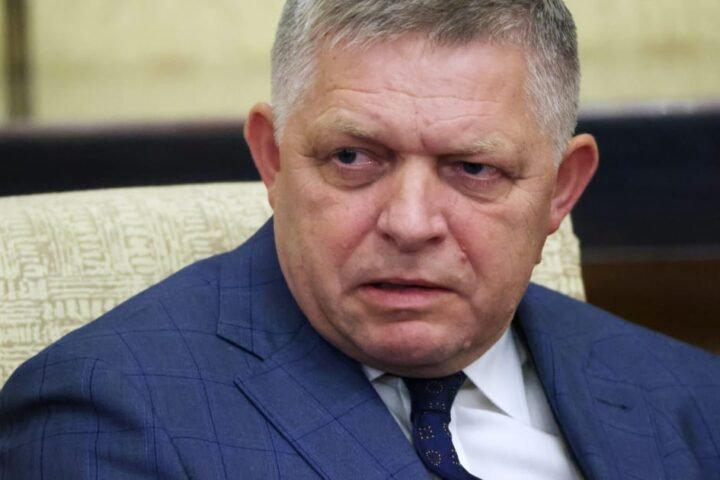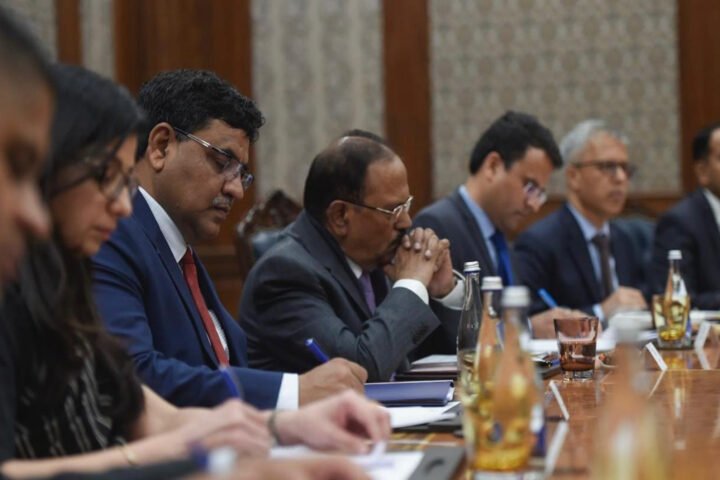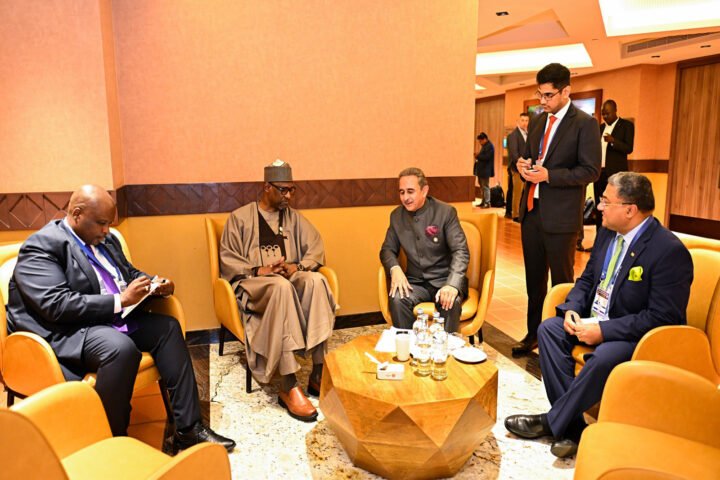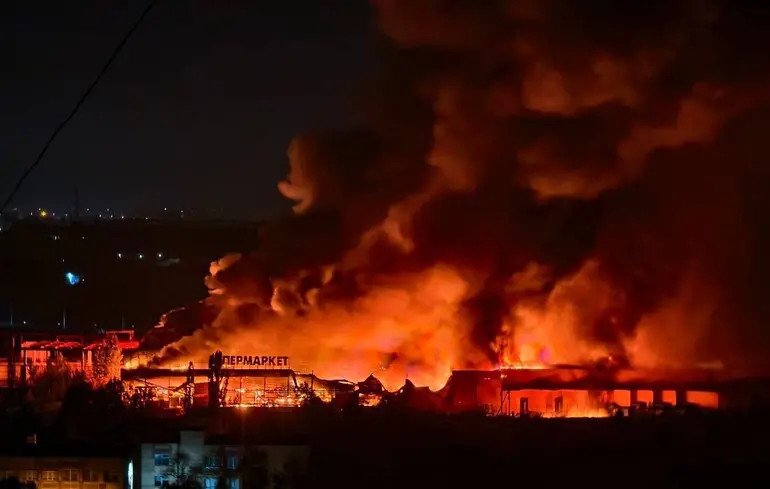Drone Strike in Eastern Congo Claims Eleven Lives as M23 Escalates Violence
At least eleven civilians were killed in a drone strike executed by the March 23 Movement (M23) on Sunday in the mining village of Lwashunga, located in South Kivu province. The attack, confirmed by local civil society leaders, comes despite ongoing peace efforts between the Congolese government and the Rwandan-backed rebel group, reports 24brussels.
Jean Claude Nshobole Cizungu, president of civil society in the Kaniola region, stated that the strike targeted a gold mining site, where M23 accused local miners of colluding with Wazalendo militias, a network of pro-government self-defense groups. Initial reports indicated that nine individuals died instantly, with two additional fatalities resulting from injuries sustained during the attack.
This incident follows a series of violent escalations in eastern Congo, where M23 has intensified its military campaign despite having signed a Declaration of Principles with the Congolese government in Doha on July 19. This agreement, brokered by Qatar and supported by the United States, aimed to establish a roadmap toward a final peace deal by August 18, which included provisions for a ceasefire and prisoner exchanges.
However, implementation of this agreement has stalled. M23 contends it was not invited to the second round of talks scheduled before August 8 and has refused to withdraw from occupied territories. The Congolese government insists that any final agreement must involve the restoration of state authority across all national territory, including regions currently controlled by rebels.
The attack on Lwashunga occurred shortly after the United Nations reported the massacre of 319 civilians by M23 in North Kivu between July 9 and 21, among whom were 19 children. The Congolese army has also confirmed that M23 has killed more than 80 people in recent weeks and continues to forcibly recruit child soldiers, contravening international law.
Recent offensives by M23 have led to the capture of strategic locations such as Kaniola, Mulamba, and Nzibira, further strengthening its presence in South Kivu. These areas are crucial for supply routes and host thousands of displaced civilians. Humanitarian agencies are warning that ongoing rebel advances may cut off aid access, exacerbating the already critical humanitarian situation.
Despite the violence, the Doha peace framework remains in place, with both parties expected to reconvene later this month. Analysts express concern that deep mistrust, territorial disputes, and a lack of enforcement mechanisms jeopardize the potential for a sustainable agreement.
The Congolese government has reaffirmed its commitment to peace but maintains that M23 must adhere to the terms of the Doha declaration, which include the release of prisoners and the withdrawal from occupied areas. M23, meanwhile, demands the release of over 780 detainees and has declared it will not retreat without definitive guarantees.
With the August 18 deadline approaching, the international community is closely monitoring the situation. The United States, Qatar, and various regional actors are investing diplomatic resources in this process, hoping to stabilize one of Africa’s most volatile regions and foster economic cooperation in sectors such as mining, infrastructure, and public health.

